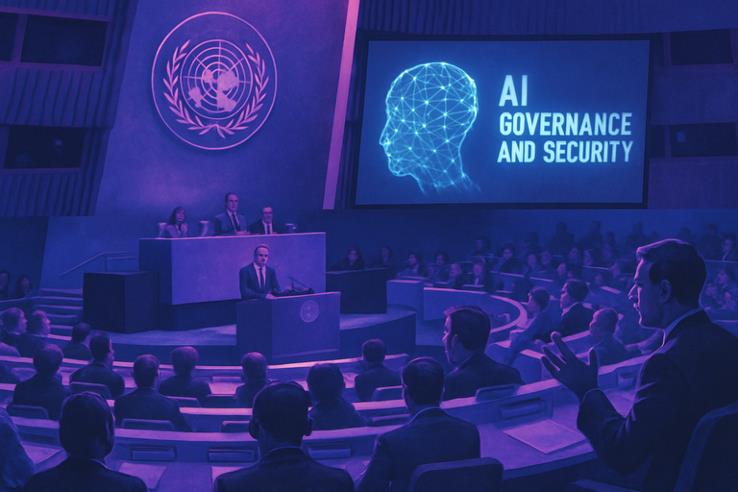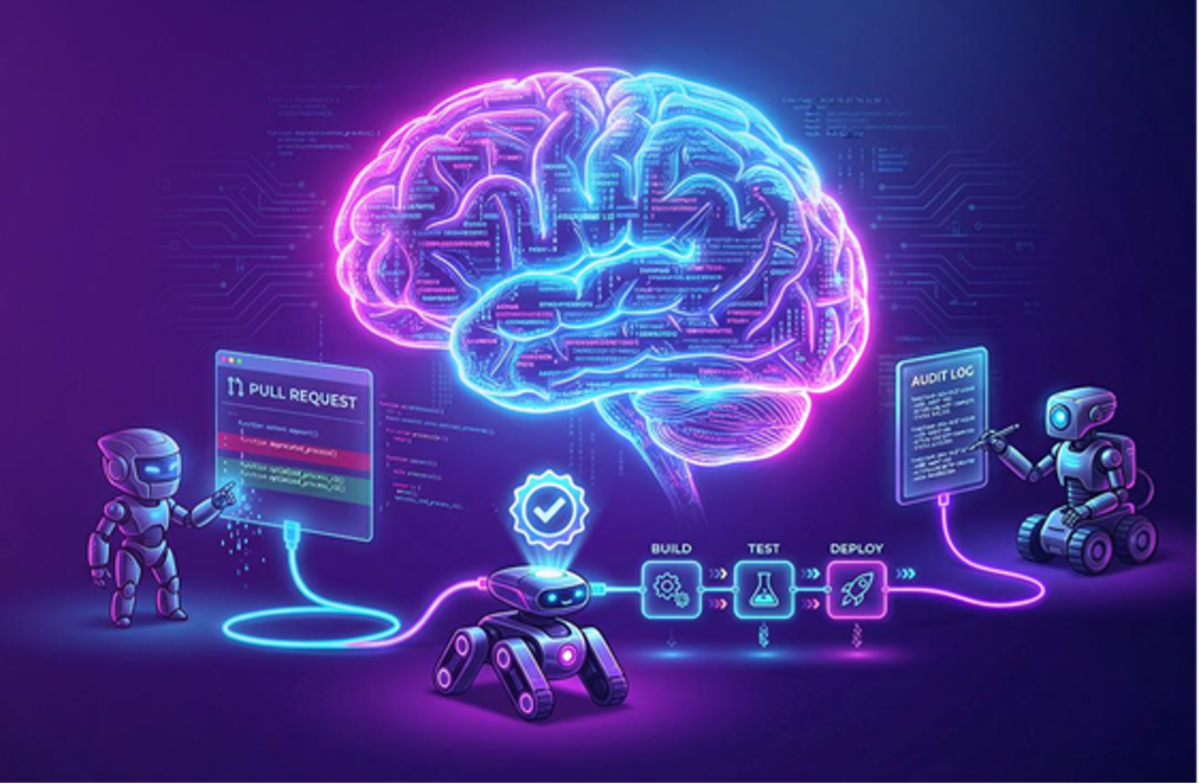World leaders gathered at the United Nations during the last week of September and one of the topics dominating the conversations, beyond the usual geopolitical discussions, was the meteoric rise of Artificial Intelligence. From the potential for groundbreaking innovation to serious concerns about misuse and unregulated development, AI was firmly in the spotlight, prompting a global dialogue about its future.
The UN meeting served as a crucial forum for member states to voice both their hopes and their anxieties about AI. Warnings were sounded about the potential for AI to exacerbate existing inequalities, be used in autonomous weapons systems, or even undermine democratic processes if left unchecked.
As UN Secretary-General António Guterres stated, “AI can be a force for good, but it also carries serious risks. We need global governance to steer AI towards peace, dignity, and human rights.” There was a strong call for international cooperation, robust governance frameworks, and a focus on ethical AI development that prioritizes human rights and safety. The message was clear: the time to act on AI governance is now.
So, how does Cranium directly address the concerns raised at the UN meeting?
AI Governance: Bringing Order to the Algorithm
One of the primary calls from the UN was for robust AI governance. Many organizations are grappling with how to implement internal policies, adhere to emerging regulations, and ensure their AI systems are transparent and accountable.
This requires a comprehensive suite of tools for AI Governance, allowing organizations to:
- Establish Clear Policies and Standards: Define and enforce internal guidelines for AI development, deployment, and monitoring, ensuring alignment with ethical principles and regulatory requirements.
- Track and Document AI Assets: Maintain a complete inventory of all AI models, datasets, and applications, providing a transparent record of their purpose, lineage, and performance.
- Assess and Mitigate Risks: Identify potential biases, security vulnerabilities, and operational risks associated with AI systems, and implement strategies to address them proactively.
- Ensure Regulatory Compliance: Stay ahead of evolving AI regulations worldwide, with features that help organizations demonstrate compliance and prepare for audits.
By providing a centralized and automated approach to AI governance, Cranium empowers organizations to build trust in their AI systems and demonstrate their commitment to responsible AI.
AI Security: Protecting the Intelligent Core
Beyond governance, the UN also highlighted critical concerns about AI security. As AI becomes more integrated into critical infrastructure and decision-making processes, the need to protect these systems from malicious attacks, data breaches, and unintended consequences becomes paramount.
Organizations need to focus on AI Security is designed to safeguard these intelligent assets:
- Vulnerability Detection and Remediation: Proactively identify and fix security vulnerabilities within AI models and their underlying infrastructure, preventing potential exploits.
- Threat Detection and Response: Monitor AI systems for anomalous behavior, adversarial attacks (like data poisoning or model evasion), and unauthorized access, enabling rapid response to threats.
- Data Privacy and Protection: Implement robust controls to protect sensitive data used by AI, ensuring compliance with privacy regulations and preventing unauthorized disclosure.
- Supply Chain Security for AI: Understand and mitigate risks associated with third-party AI components and open-source models, ensuring the integrity of the entire AI ecosystem.
In a world where AI systems are increasingly targeted, Cranium provides the necessary defenses to ensure the resilience and trustworthiness of an organization’s AI investments.
Looking Ahead: A Partnership for Responsible AI
The UN meeting was a powerful reminder that AI is not just a technological marvel; it’s a societal transformer. The calls for responsible development, ethical considerations, and robust governance are not obstacles to innovation but rather essential foundations for a future where AI truly benefits all humanity. As the UN Deputy Secretary-General Amina Mohammed emphasized, “We must ensure that AI serves humanity, not the other way around. This requires a strong commitment to ethical guidelines and accountability mechanisms.”
Cranium stands strong as a partner in this mission. We believe that by providing organizations with the tools they need for comprehensive AI Governance and AI Security, we can help bridge the gap between AI’s immense potential and the critical need for its safe and ethical deployment. The future of AI is bright, but only if we collectively commit to navigating it with care, foresight, and robust solutions.
Let’s build that future together.





